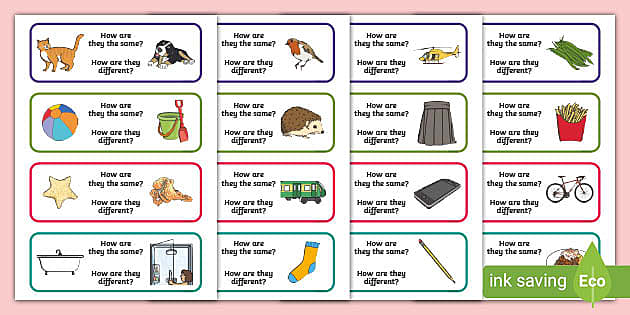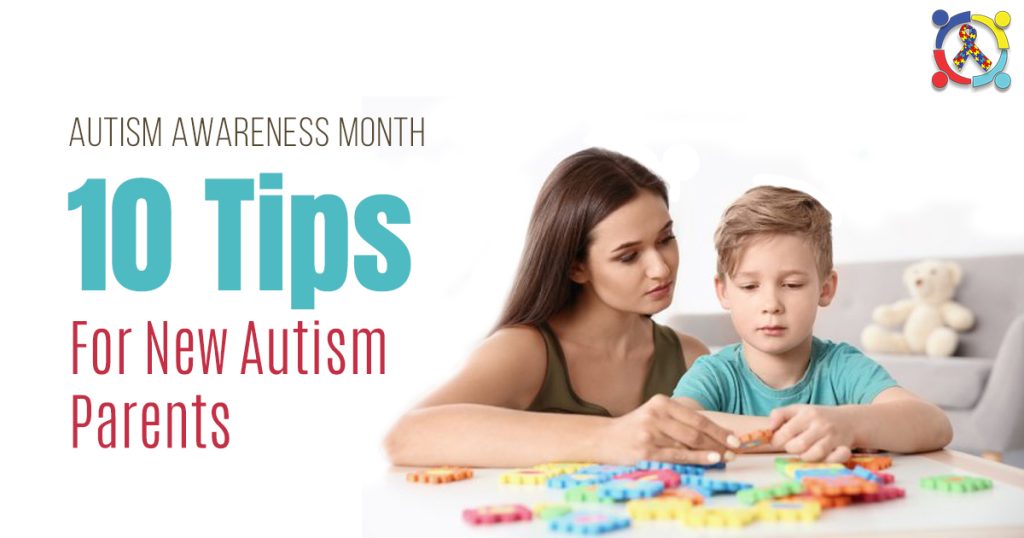Teaching speech therapy to children with autism is important. It helps them communicate better. This guide will help you understand the basics. You can help children improve their speech. Let’s start!

Credit: www.twinkl.co.th
Understanding Autism and Speech Challenges
Autism affects communication and social skills. Some children might not speak at all. Others might have trouble with words. Speech therapy can help. It focuses on improving communication skills.
Why Is Speech Therapy Important?
Speech therapy helps children express themselves. It improves their ability to understand others. They can learn new words and how to use them. This leads to better interactions with people.
Steps to Teach Speech Therapy
Here are some steps to start speech therapy with children:
1. Build A Connection
Build a strong bond with the child. Trust is important. Spend time playing and talking. This makes the child feel comfortable.
2. Use Simple Language
Speak in short sentences. Use simple words. This makes it easier for the child to understand.
3. Focus On Interests
Find out what the child likes. Use these interests in therapy sessions. It keeps the child engaged and motivated.
4. Visual Aids
Use pictures and objects. Visual aids help children understand better. They can see what you are talking about.
5. Repetition Is Key
Repeat words and phrases often. This helps the child remember them. Practice makes learning easier.
6. Encourage Imitation
Encourage the child to imitate sounds. Start with simple sounds. Gradually move to words.
Techniques for Speech Therapy
There are different techniques to use. Here are a few:
Modeling
Show how to say a word or sentence. The child watches and listens. Then, they try to copy you.
Prompting
Give hints to help the child speak. It could be a gesture or a sound. It guides them to say the right word.
Reinforcement
Praise the child when they speak well. Use words like “Good job” or “Well done.” It encourages them to try more.
Play-based Learning
Use games and toys to teach. Children learn better when they are having fun. It makes speech therapy enjoyable.
Social Stories
Create stories about social situations. Use them to teach language and behavior. It helps children understand what to do.
Tools and Resources
There are many tools to help with speech therapy. Here are some useful ones:
| Tool | Description |
|---|---|
| Flashcards | Cards with pictures and words. Use them for learning new words. |
| Apps | There are many speech therapy apps. They offer games and activities. |
| Books | Books with simple stories and pictures. They help with language skills. |
| Toys | Use toys like puzzles and blocks. They make learning fun. |
Challenges and Solutions
Teaching speech therapy has challenges. Here are some common ones and solutions:
Challenge: Lack Of Attention
Solution: Keep sessions short. Use engaging activities. Change tasks often to maintain interest.
Challenge: Difficulty With Sounds
Solution: Focus on one sound at a time. Use games to make practice fun.
Challenge: Frustration
Solution: Be patient and calm. Encourage and support the child. Celebrate small successes.
Working with Families
Families play a big role in speech therapy. Here’s how to involve them:
1. Share Progress
Keep families updated on the child’s progress. Share successes and challenges.
2. Provide Home Activities
Give activities for practice at home. It helps reinforce what they learn in therapy.
3. Encourage Family Involvement
Encourage family members to join sessions. They can learn techniques to use at home.

Credit: www.teacherspayteachers.com
Frequently Asked Questions
What Is Speech Therapy For Autism?
Speech therapy helps autistic children improve communication skills. It focuses on speech, language, and non-verbal cues.
How Does Speech Therapy Benefit Autistic Children?
It enhances social skills, communication, and understanding. Helps children express themselves better in daily interactions.
Can Speech Therapy Help Non-verbal Autistic Children?
Yes, it can. Therapists use signs, gestures, and visual aids to help non-verbal children communicate.
What Techniques Are Used In Speech Therapy?
Therapists use visual aids, repetition, and interactive activities. They tailor methods to each child’s needs.
Conclusion
Speech therapy for autism is a journey. It requires patience and understanding. Focus on building communication skills. Use simple techniques and tools. Involve families in the process. Together, you can make a big difference.

